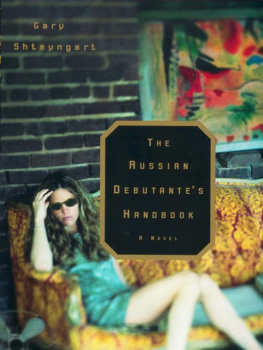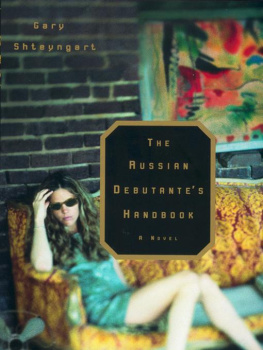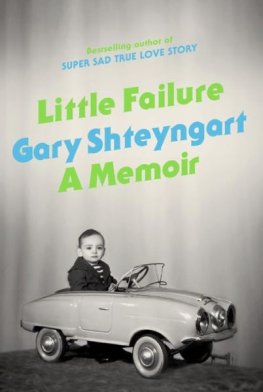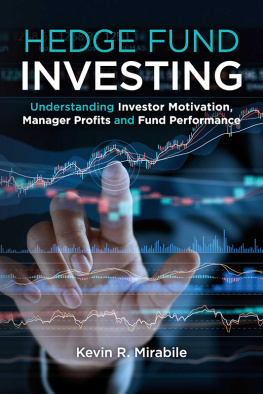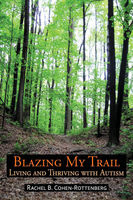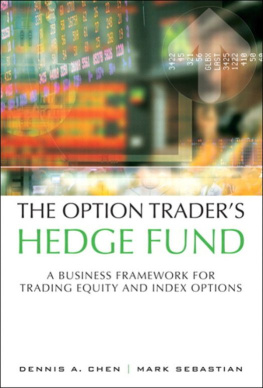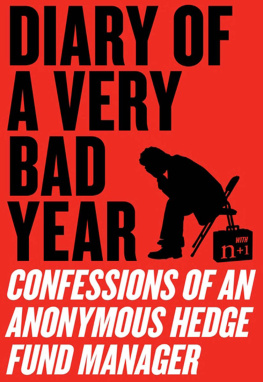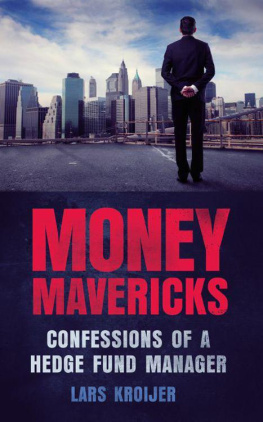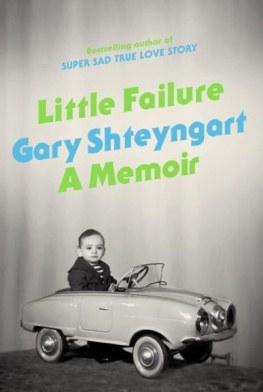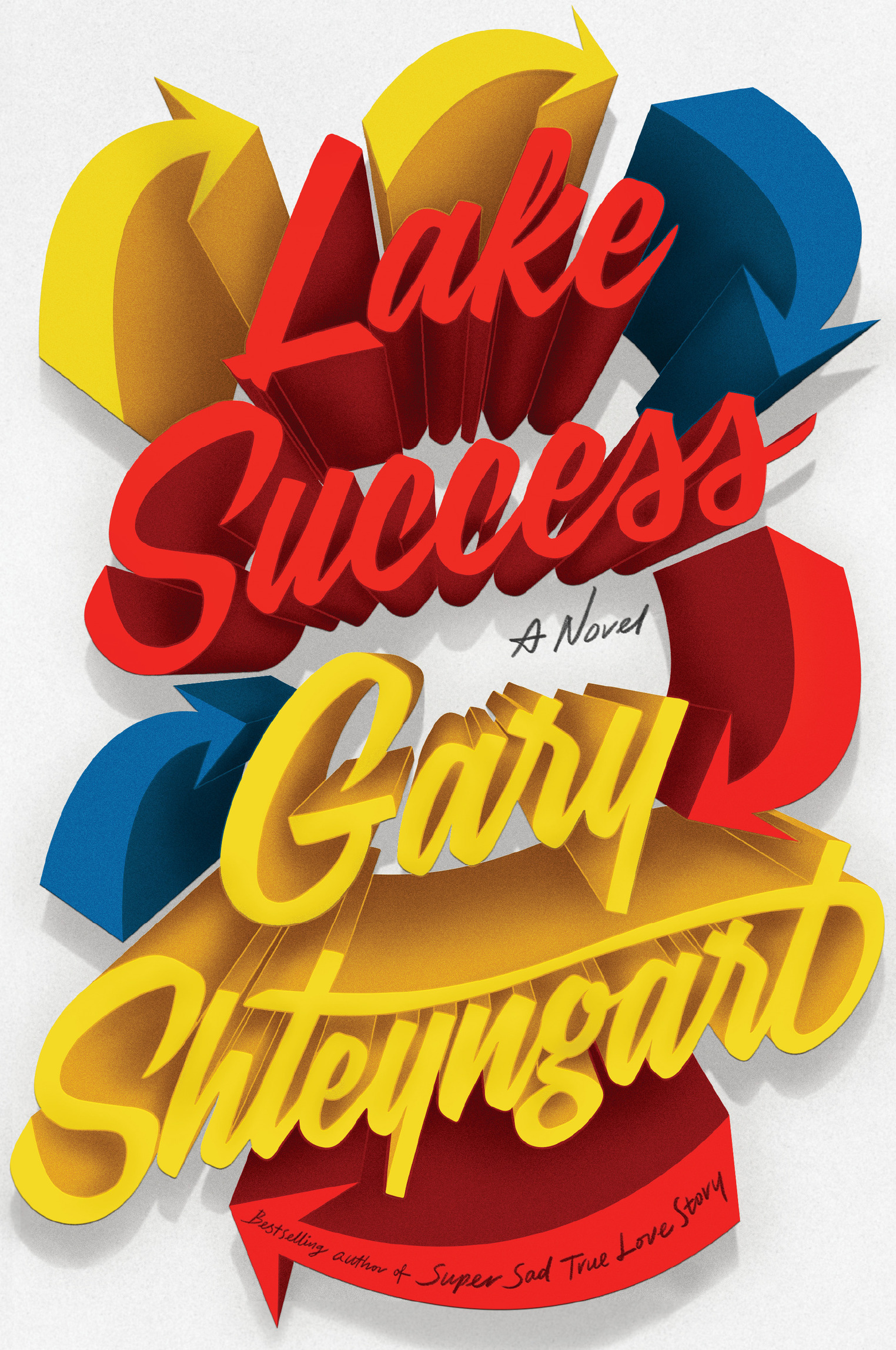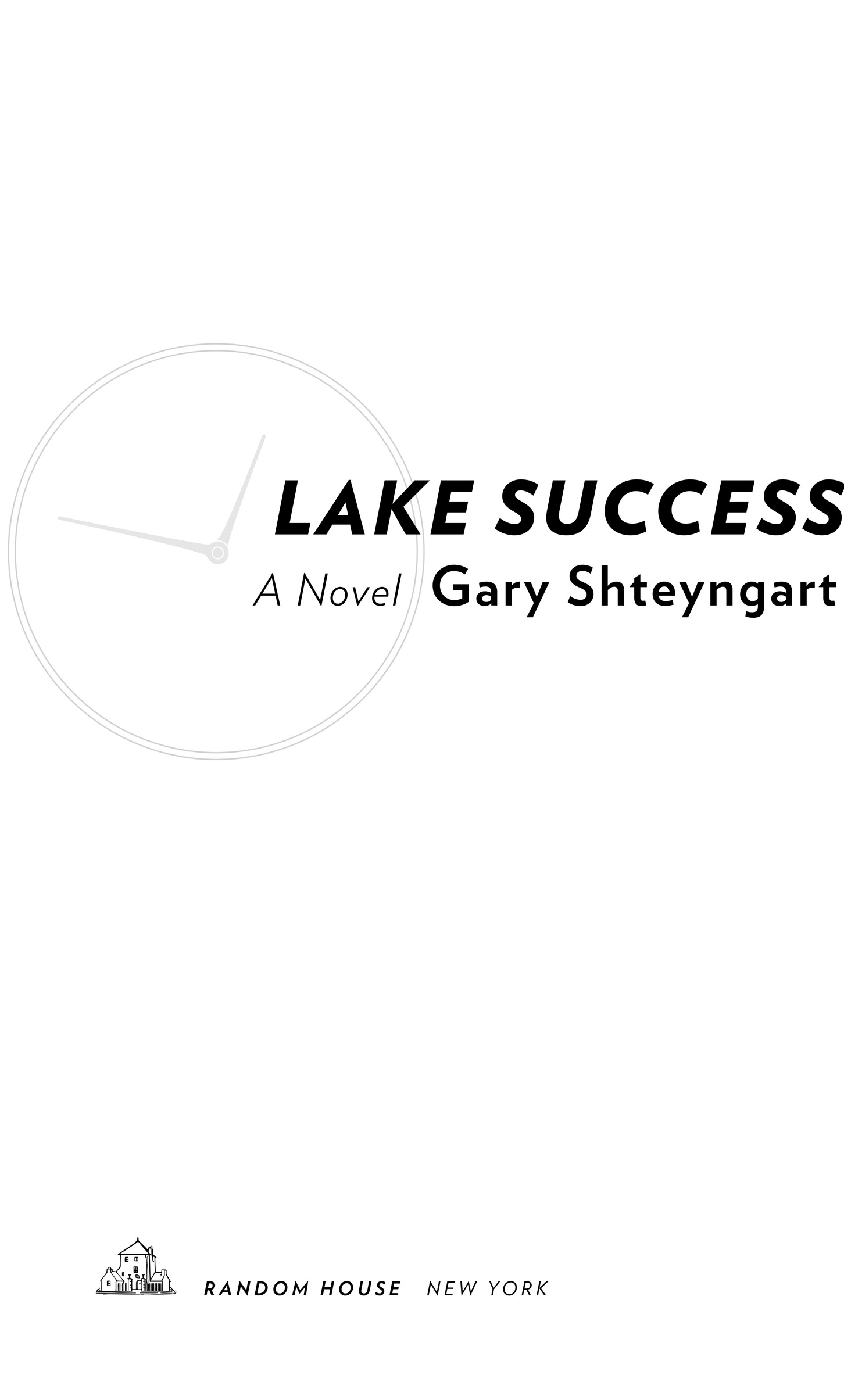All rights reserved.
Published in the United States by Random House, an imprint and division of Penguin Random House LLC, New York.
R ANDOM H OUSE and the H OUSE colophon are registered trademarks of Penguin Random House LLC.
Names: Shteyngart, Gary, author.
Title: Lake Success : a novel / Gary Shteyngart.
Description: New York : Random House, 2018.
Identifiers: LCCN 2017043962 | ISBN 9780812997415 (hardcover) | ISBN 9780812997422 (ebook)
Subjects: LCSH: Marital conflictFiction. | Midlife crisisFiction. | BISAC: FICTION / Literary. | FICTION / Satire. | FICTION / General. | GSAFD: Satire.
Classification: LCC PS 3619. H 79 L 35 2018 | DDC 813/.6dc23
B ARRY C OHEN, a man with 2.4 billion dollars of assets under management, staggered into the Port Authority Bus Terminal. He was visibly drunk and bleeding. There was a clean slice above his left brow where the nannys fingernail had gouged him and, from his wife, a teardrop scratch below his eye. It was 3:20 A.M .
The last time he had been to the Port Authority was twenty-four years ago. He had gone on a bus trip to Richmond, Virginia, to see his college girlfriend. That youthful bus ride unspooled in his mind whenever the S&P was crushing him or whenever he would discover a new and terrible fact about his sons condition. When Barry closed his eyes, he could picture the sweep of the highway, his country calling out to him from both sides of the road. He could feel himself sitting on a hard wooden bench at some roadside shack. A thick woman with a crablike walk and many stories to tell would bring him a plate of vinegary beans and pulled pork. They would talk as equals about where their lives went wrong, and she would waive the price of the meal, and he would pay for it anyway. And she would say, Thank you, Barry, because despite the vast difference in their assets under management, they would already be on a first-name basis.
He stumbled over to the line of policemen and policewomen guarding the nighttime barricades meant to shepherd travelers from the streets to the gates. Where are the buses? he said. I want to get out of here.
To the cops he looked like just another New Yorker. A bleeding man; roughed-up, sweat-clumped nighttime hair; a Patagonia vest over his Vineyard Vines shirt with the single word CITI. He was tall and had a wide swimmers build, his thick shoulders tapering to two feminine wrists, a liability at any point in history, but never more so than during the year 2016, at the start of the First Summer of Trump. He was breathing heavily after having dragged a carry-on rollerboard from his apartment on Madison Square Park, a total of twenty blocks. The night was warm and windy, a perfect Manhattan I-dont-want-to-die kind of night, and with each block he walked he had felt more assured of what he was about to do to his marriage.
Downstairs, one of the cops said.
Barry did as he was told, the little rollerboard twisting behind him. The air here was different. He could say with certainty that he had not in recent memory, or any memory, really, breathed air of this quality. The easy way to describe it would be to say that it smelled like a foot. But whose foot? The man was not in the habit of smelling feet, except perhaps in the locker room at Equinox where his own feet smelled of chlorine, because he swam. His wifes feet, he was sure, smelled of honeysuckle like the rest of her, but he was not going to think of her now.
There was a Greyhound counter, but its gate was shuttered and there was no note about when it would reopen. Socialism, Barry said aloud, even though he knew that Greyhound Lines was a Dallas-based subsidiary of the Scottish company FirstGroup, and not a service offered by our government. He had drunk twenty thousand dollars worth of Karuizawa whiskey that night. He could make mistakes.
There was a Hudson newsstand and Barry headed for the old South Asian man behind the counter. Where are the buses? he said.
Downstairs, the old man answered.
I am downstairs.
The old Indian shrugged. He was watching Barry and his bleeding face with his hooded eyes as if he wanted in on his ruination. Barry hated him. He could hate him because his wife was Indian.
Do you have WatchTime magazine?
No.
Watch Journal?
No.
Anything about watches?
No.
There were no further interactions to be had here. He took another look around. The socialist Greyhound counter was still shuttered. Un-fucking-believable. There was a sign that read TO GATES 178 . So maybe thats where the buses were. The escalator leading downstairs was broken and yet another Indian wearing a Hudson News vest sat on the top steps holding his head in his hands. He appeared to be weeping. One of Barrys top traders was a guy named Akash Singh, but he was a killer on the floor.
He dragged his rollerboard down the broken escalator, worried about the watches inside. The automatic ones were safe within their Swiss Kubik watch winders, but the manually wound ones should not be exposed to such shocks, especially the Universal Genve Tri-Compax, which was from the early 1940s and in frail health. Barry normally couldnt go on a trip without at least three watches to keep him company, each was an old and rare friend, but he would need no fewer than half-a-dozen timepieces to complete this journey. He picked up his luggage, but lifting it made him want to throw up. He sat down on one of the escalator steps and considered the crying Indian man sitting above him. He would get through this. He could get through anything after what he had been through this year. His wife didnt love him. Didnt desire him. And although he wanted her, he wasnt sure he loved her either. He thought of that long-ago trip to Richmond, Virginia, to see his college girlfriend, Layla, and the wind in his hair as the bus whipped into the Lincoln Tunnel and then into New Jersey. Was the wind really in his hair? Did bus windows open back then? Yes, they must have. Would they open now? Probably not. But he could imagine the wind in his hair, the little that was left, because unlike what his wife had said, he had animagination. He got up and holding his rollerboard with the watches tight to his chest walked down the remaining steps.
It was not good here. It was not good at all. It smelled like someone had eaten a fish sandwich. There were people sitting on benches, sitting on their luggage, sitting on the brown linoleum floor. There were gates with numbers and destinations, like at an airport, and outside the gates the buses all waited in the stink and gloom. That was the thing. You could go anywhere within our country. The open road! Barry had taken an Acela to Boston once on a dare with Joey Goldblatt of Icarus Capital Management, the train was faster and nicer, but this was the open road, and once you got on the open road the whole country would rush out to say hello and refill your ice tea. You would become a traveler and no one could tell you you had no imagination or no soul or whatever his wife had said to insult him in front of the Guatemalan writer and his Hong Kong doctor wife whose apartment he had left in ignominy just a few hours ago in the whiskey-heat of the night. To be demeaned in front of others, to be cut down in front of ones


